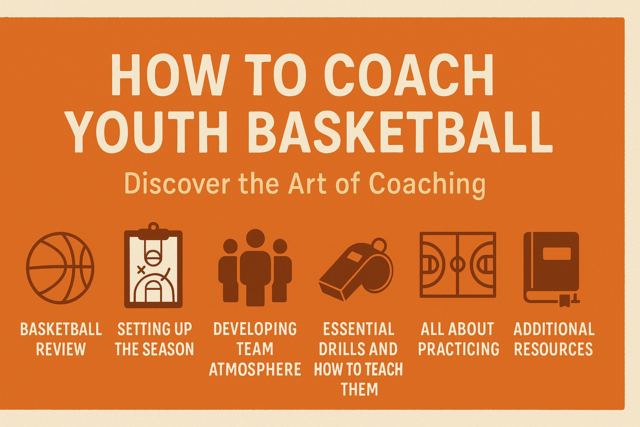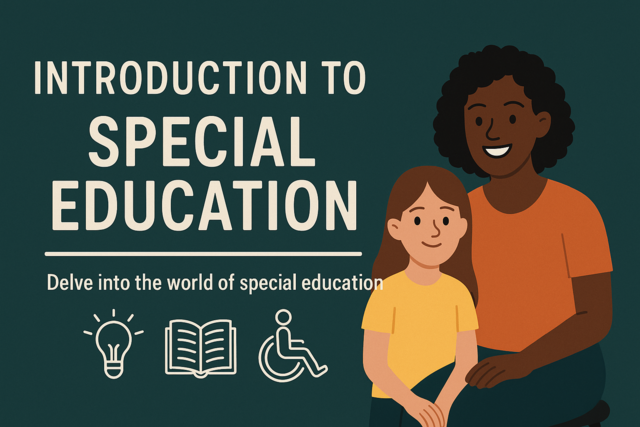Basic Parenting Skills
Empower Your Parenting Journey with Foundational Skills

5 Hours average completion time
0.5 CEUs
15 Lessons
25 Exams & Assignments
203 Discussions
15 Videos
16 Reference Files
143 Articles
Mobile Friendly
Last Updated January 2026
Parenting is one of life's most rewarding-and challenging-adventures. Yet, no one hands us a manual the day our children are born. The truth is, great parenting isn't instinctive; it's learned. Whether you're preparing for the arrival of your first child or navigating the complex needs of growing children, this course is your essential guide to becoming the parent you've always dreamed of being.
Imagine understanding your child on a deeper level-knowing what they need before they have to ask, addressing behaviors with confidence, and fostering a relationship rooted in trust and mutual respect. This isn't just wishful thinking; it's achievable, and this course will show you how.
This isn't just another parenting class. It's a transformative experience that combines the latest in child development research with practical, actionable strategies you can use immediately. Through engaging, real-world examples and a warm, conversational approach, you'll uncover the secrets of positive discipline, how to communicate effectively with children, and the art of nurturing self-esteem and resilience.
You'll learn to see your child not as a mystery to solve but as a unique individual to guide. From understanding their temperament and intellectual development to learning how to instill values and meet emotional needs, this course equips you with tools to tackle parenting's greatest challenges with grace and purpose.
But this course isn't just about your child-it's about you, too. It's about helping you grow into the confident, compassionate parent you want to be. It's about reducing power struggles and self-doubt, and replacing them with strategies that work and a deep sense of fulfillment.
Perfect for parents, grandparents, caretakers, and educators alike, this course isn't just about raising healthy, well-adjusted children-it's about shaping the next generation of kind, curious, and capable adults.
By the time you finish, you won't just be equipped with knowledge-you'll be transformed. You'll never look at parenting the same way again. So why wait? The parent you aspire to be is within reach. Enroll today, and take the first step on a journey that will change your life-and your child's-for the better.
- Instilling values and morals
- Empowering parents through knowledge
- Tailoring parenting strategies
- Meeting children's layered needs
- Adaptability to family diversity
- Fostering emotional intelligence
- Building children's self-esteem
- Understanding child development stages
- Modeling integrity and authenticity
- Effective parent-child communication
- Positive discipline techniques
-

How To Coach Youth Basketball
-

How to Deal with Difficult Personalities
-

Introduction to Child Psychology
-

Professional Babysitting Skills
-

Understanding Childhood Obesity
-

Stress Management
-

Workplace Drug Use - An HR Guide
-

Introduction to Special Education
-

Psychology 101
-

Operations Management 101
-

Sociology 101
-

Life on Your Terms: Awaken Your Inner Coach
-

Child Safety for Parents
-

Understanding Learning Styles
-

Writing the Great American Short Story
-

Understanding Addictions
-

How to Knit
-

Autism 101
-

Team Management and Leadership
-

Empowerment for Single Parents
-

Child Abuse Recognition, Investigation, and Protection
-

Serial Killers 101
-

Introduction to Abnormal Psychology
-

Behavior Management 101
-

Disaster Risk Reduction: Preparing for Emergencies